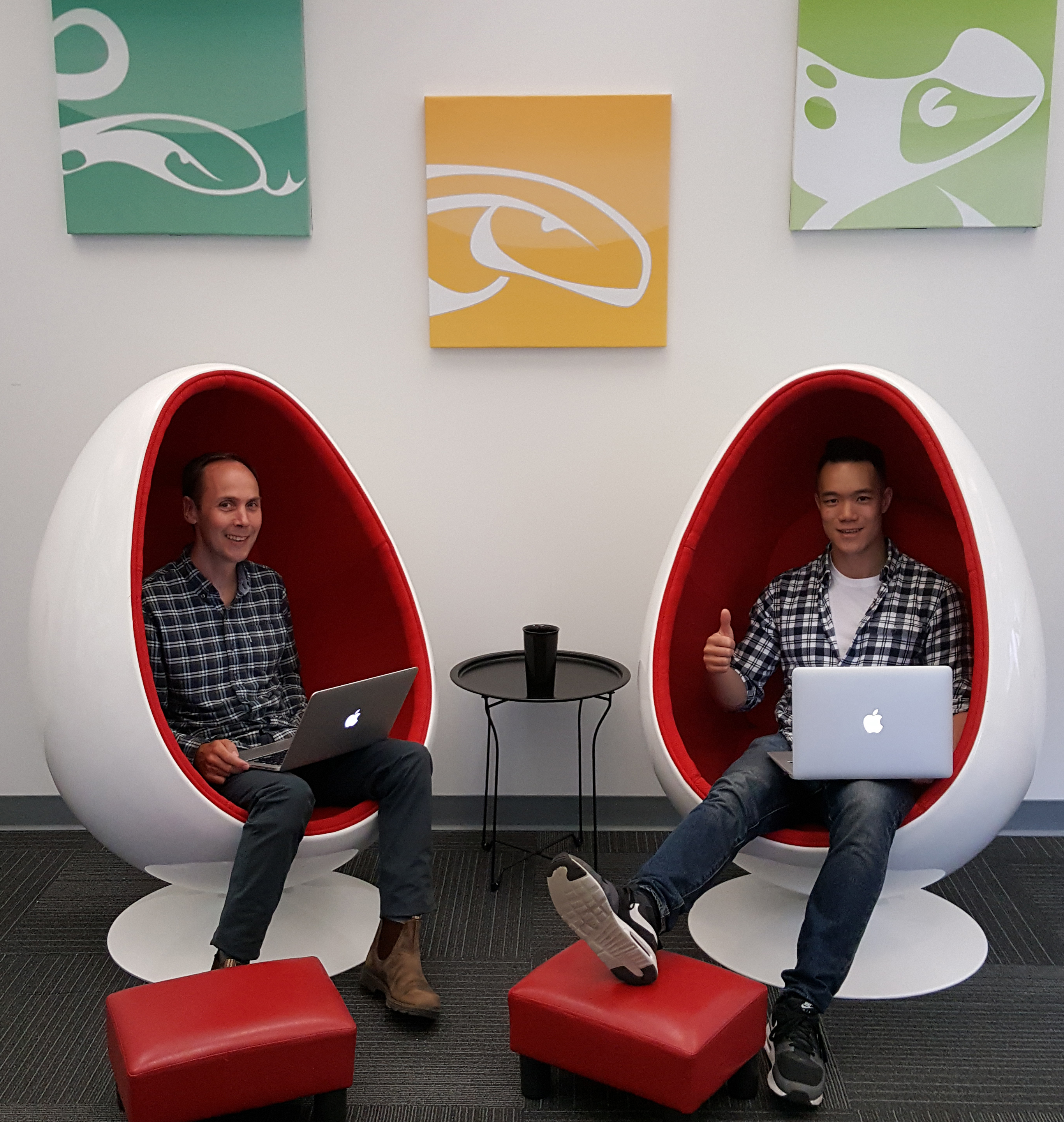
In this Culture Assassins interview I talk with my good friend and fellow skier Angie Hirata, VP of Sales and Corporate Development at local tech company ActiveState. Based in Vancouver, BC, ActiveState is dedicated to redefining the way companies ship and manage software built with open source languages. The company’s leadership team believes that culture is their best product and understand that their employees are core to the products they make, the customers they support, and the open source communities they serve.
Angie is an accomplished senior executive with more than twenty years of marketing, sales, and business development experience in the software industry. She played a pivotal role in building the market share of ActiveState’s private PaaS product, Stackato, and later helped sell Stackato to HPE in 2015. In addition to her many business successes she has helped build an awesome family (with husband Dave, and kids Simone and Davie), travelled to some amazing places (most recently the magical lands of Thailand and Disneyland), and regularly skis her brains out at Whistler and Blackcomb. Angie confessed that if she had a fictional alter ego it would be Wonder Woman, but with Bionic Woman’s technology and some extra special stealth ninja moves. (Basically, someone who could kick ass, but quietly and with feathered hair.)
Angie, what do you think of when you think of workplace culture? What does it mean to you?
I would say culture encompasses how people communicate, how people treat each other, what kind of processes and systems there are, how meetings are run, etc. But the overarching thing would be is how people feel about the company and about working there.
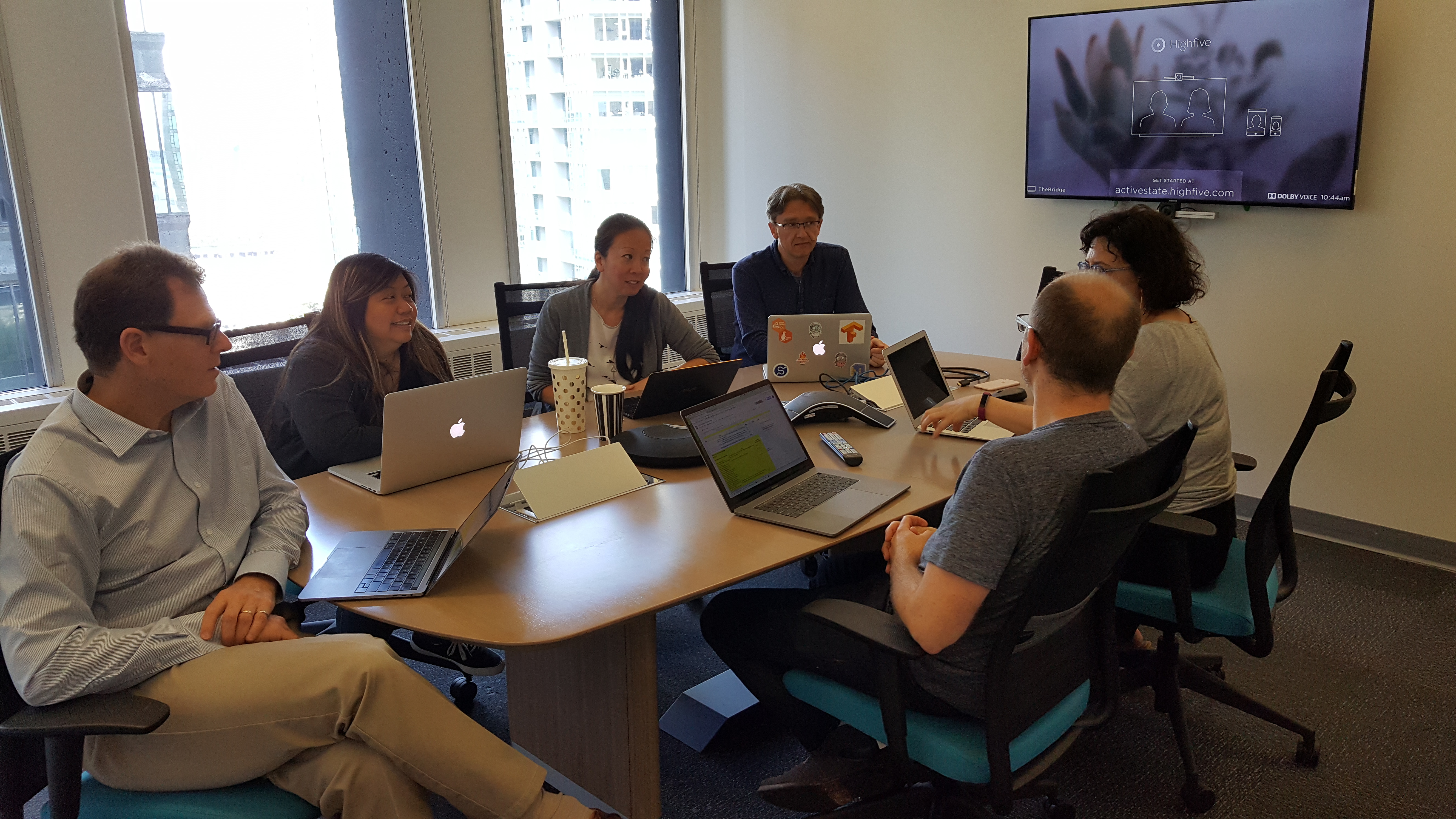
How would you describe your company’s culture as it is right now?
My company’s culture is pretty awesome! I would say that it’s appreciative and generous, with management – from the CEO down – often showing appreciation to staff. And it’s shown with the little things, like our free food program, wellness program, the Christmas gifts that we get, and things like that.
It’s also about how people here at ActiveState communicate with each other. We encourage openness and transparency and respect.
I’ve worked for companies where management and other folks can be disrespectful and demeaning to certain staff, and there isn’t any of that where I work. I think the culture here reflects some of my own beliefs around what makes up a healthy culture: respect for others across the organization, appreciation for employees, openness, and collaboration.
Do you think it’s possible to measure or quantify culture?
It can be hard to do that, but one of the things we do here at ActiveState is measure the ENPS, or Employee Net Promoter Score. It’s a similar metric to one that we use with our customers, where we ask customers “would you recommend us to another company?”
We ask our employees at least twice a year questions like, “Would you recommend your friend or colleague to work here?” and, “If there was a job open that was suitable would you recommend to them that they apply?”
We try to keep the answers to a simple “yes”, “no”, or “maybe”, and if it’s a “no”, then why not? This gives the management team something tangible that we can actually review and take action on to improve, whether it’s an issue around culture or communication or whatever. And if it’s a “yes”, we also ask them why because we’d like to know and continue to build on the strengths of our culture.
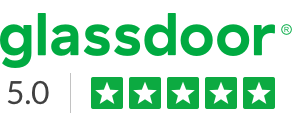
We also look at other metrics like employee turnover and our Glassdoor score. Glassdoor is a great system because employees and former employees can anonymously rate us and provide comments. Our score is really good and we see the results of that from a recruitment standpoint when we get comments from people saying, “I’m considering you guys because I like your Glassdoor score”. There are lots of other tech companies in town and a lot of great jobs and great employers out there competing for developers and people, so it’s nice to be able to point people at our Glassdoor reviews as a reflection of our culture.
What individuals or events have you seen or experienced that can have a big impact, positive or negative, on culture?
When I think of culture assassins, I think of someone who comes into a company and kills a culture. They could be “bad” if they come in and kill a good culture, or “good” if they kill a bad or unhealthy culture.
I would say people in positions of power or influence, those in management or leadership positions, can have a big impact. The CEO and senior leadership team will typically have the biggest.
I think the new CEO of Uber, Dara Khosrowshahi, is an example of someone who I believe was brought in as a sort of culture assassin to kill some bad or unhealthy aspects of their culture.
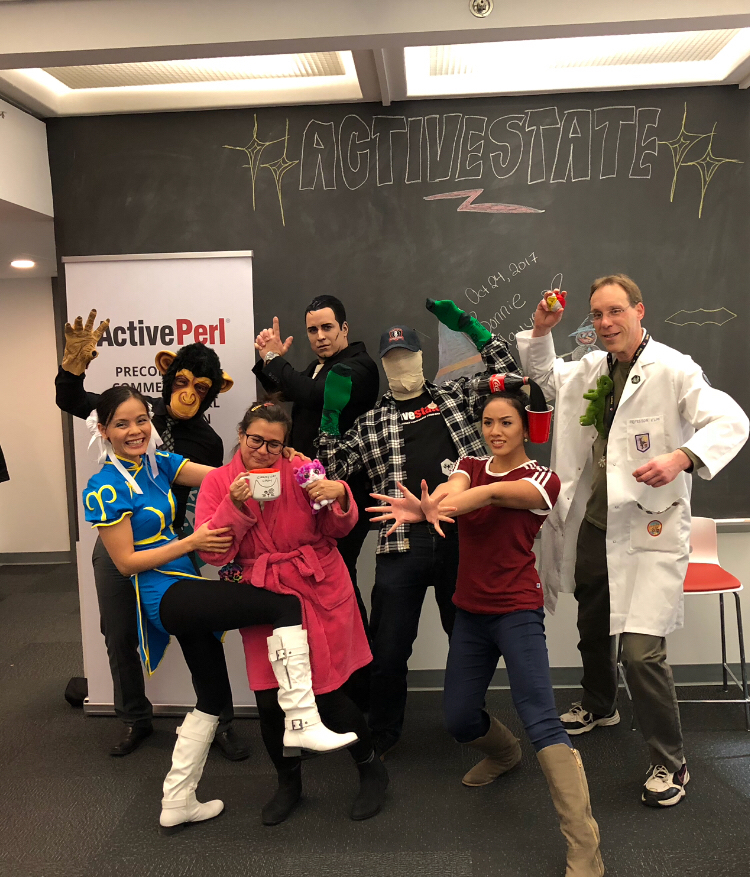
Have you ever known a culture assassin, and if so, what were they like?
Yeah, I’ve run into a few culture assassins over the years [laughing]. At one organization earlier on in my career a new executive was hired and he immediately had a big negative impact on our work environment. Before he joined we had, in my opinion, a healthy culture that was demanding but fun. After he joined things changed very quickly for some of us. His attitude toward women and how he talked to us was condescending and demeaning and really impacted how we felt about the organization.
In another situation at a larger company I experienced a culture assassin who created barriers for cross-departmental communication, which killed agility, trust, and ultimately the innovation and customer solution-building that was key to our success.
I remember one manager telling a colleague of mine that they could no longer talk directly to someone in a different department. That manager told them to “follow the chain of command” and communicate through “proper channels”. I remember hearing this and being like, “That’s crazy, they literally sit in the same office as each other!”
How do you think healthy organizations can protect themselves against culture assassination?
I think there are many different ways to protect a healthy culture, starting with making sure you’re bringing the right people into the organization. At ActiveState our CEO is very protective of our culture and wanting to maintain it and he sees himself as the keeper of the culture. That’s why all new hires have a final interview with him where he assesses for cultural fit. I’ve actually seen him turn down potential hires that had great resumes and backgrounds, because he didn’t think they’d fit into our culture.
I also think strong, healthy cultures are built on strong, healthy work relationships, whether it’s between colleagues and staff, or customers. A lot of things can get accomplished when you have good relationships with people and when you’ve built trust with people.
Building up that trust and willingness to collaborate doesn’t come easy. It requires hard work, commitment, and vulnerability by everyone from the CEO down.
Thanks so much for your time and sharing your thoughts on culture, Angie!
No problem, and thank you!
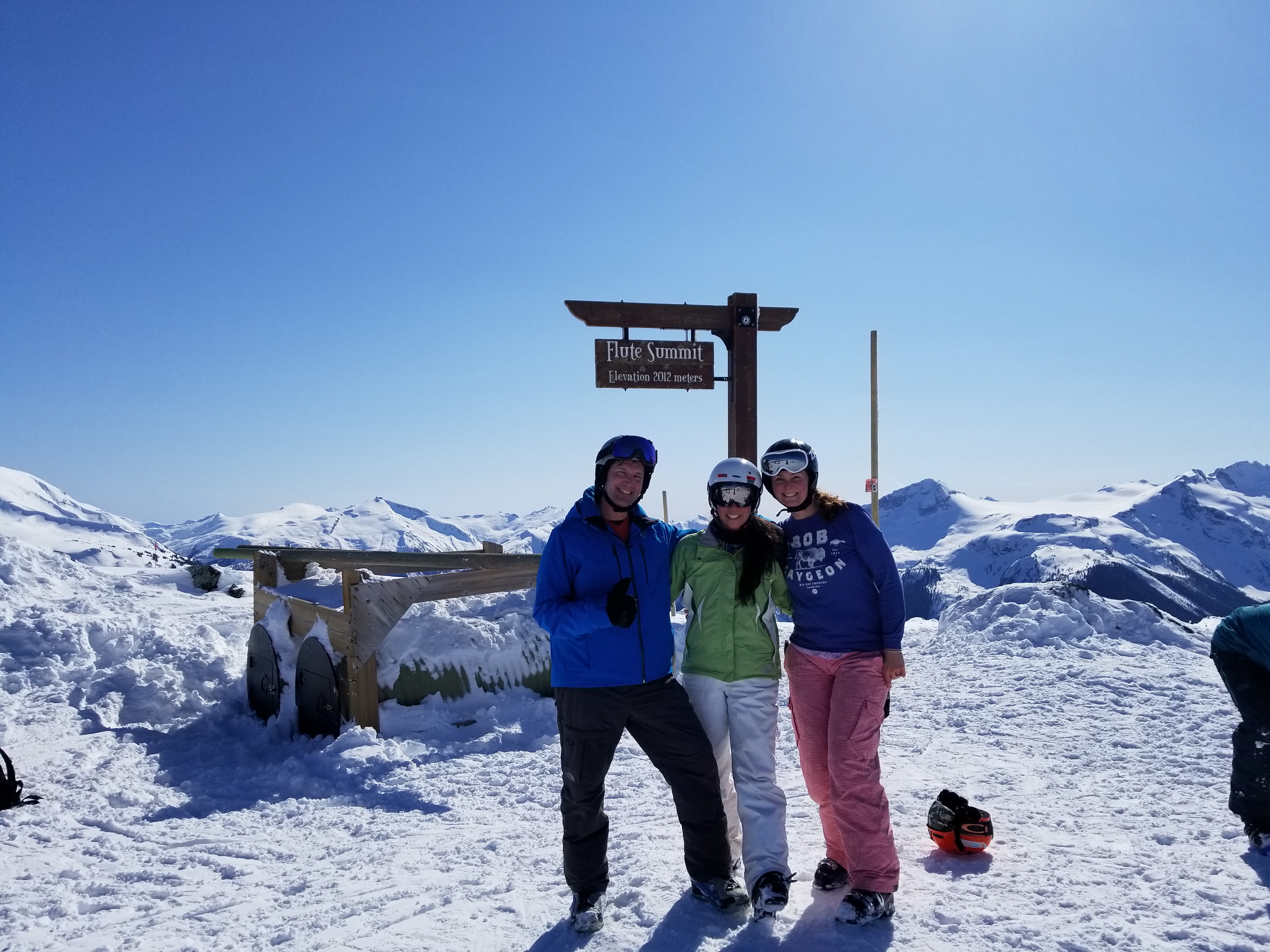
Mike Gibbons
Mike is one of the Co-Founders at Culture Assassins, a Vancouver-based media company dedicated to preventing the destruction of healthy, high-performing organizational cultures, and to providing people with the tools necessary to build them.
Mike is a results-driven and people-oriented business leader with more than 20 years of experience in organizational and team development, marketing and product strategy, business growth strategy, and operations. He has led multiple teams and businesses, locally and globally, most recently as a senior executive for a $100M division of a Fortune 500 company.
Mike is guided by his deeply-held beliefs in connection, curiosity, humour, empathy, and honesty. In addition to his passion for workplace culture and growth, he is an avid skier, mountain biker, and sci-fi fan.
2 Comments
Add comment Cancel reply
This site uses Akismet to reduce spam. Learn how your comment data is processed.


I love this Michael.
Thanks Lisa!